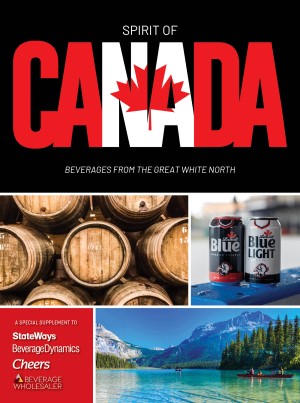Adding to the momentum behind the push for ignition interlock, the National Safety Council (NSC) announced its support in October for installation of the devices in the vehicles of first-time, low blood alcohol content (BAC) drunk driving offenders and those of repeat, high-BAC offenders. NSC is a non-profit, international public service organization dedicated to educating and influencing people to promote safety in the workplace, in transportation and in homes and communities, and is a partner in MADD’s Campaign to Eliminate Drunk Driving.
Ignition interlock devices are in-vehicle breathalyzers that will prevent the vehicle from starting if the driver’s BAC exceeds a pre-set limit, which is typically below the legal limit of 0.08 percent to allow for margin of error. Currently, 10 states require ignition interlocks be installed in the vehicles of low-BAC, first-time offenders. Many industry groups, including the American Beverage Institute (ABI), the industry lobbyist group based in Washington, D.C., oppose ignition interlocks for low-BAC, first-time offenders.
“By mandating breathalyzers for low-BAC, first-time offenders, regardless of their BAC level, you ignore the root cause of today’s drunk-driving problem—hard-core alcohol abusers. Further, it eliminates judicial discretion and creates a one-size-fits-all penalty that lumps together marginal first-time offenders and those who brazenly and repeatedly break the law and put others’ lives at risk,” says Sarah Longwell, ABI managing director. “Efforts by pro-interlock groups to mandate interlocks for low-BAC, first-time offenders is part of a broader strategy to see interlocks come as standard equipment in all cars. These groups believe that by taking incremental legislative steps they will be able to normalize the technology in the eyes of the public and eventually make a case for the universal implementation of interlocks.”




